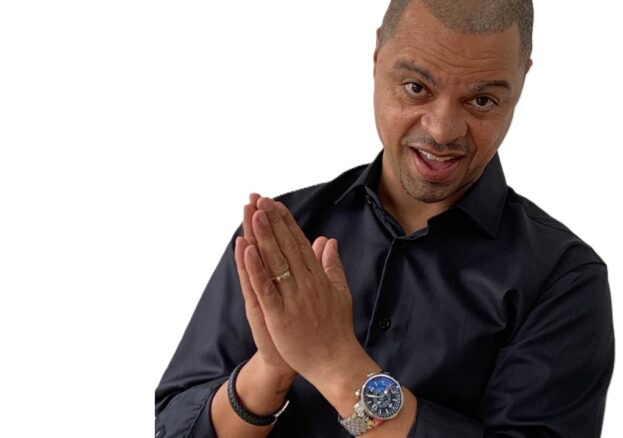
Ubuntu reflects a deep belief in a shared humanity, emphasizing; compassion, community and interdependence, made possible through mutual respect. This six letter word is much more than just an idea. Ubuntu is a way of life, an approach to human coexistence which has sustained African communities for centuries. Established as a core value in many African societies, Ubuntu represents the single most critical thread in the broader fabric of Pan-Africanism. Offering a framework for collective identity, solidarity and resilience among people of African descent, including the Diaspora and especially in the face of historically divisive and contemporary discriminatory challenges.
Pan-Africanism, in its many forms—cultural, political, and ideological—is the movement aimed at unifying and uplifting African people everywhere. Calling for solidarity between Africans on the continent and in the diaspora to overcome colonial legacies, systemic racism, and socioeconomic marginalization, the ongoing Pan-African movement is one which continues to place Ubuntu at the heart of its endeavours. As Pan-Africanism continues to organize politically and socially across the World, it is Ubuntu that reminds us why, in short it is because our destinies – as people of Africa – are bound together.
So, in today’s world, where Black communities continue to grapple with systemic injustice, economic inequality and cultural erasure, Ubuntu – and specifically – our hearts capacity to see one another, remains a radical and necessary act of self-preservation and empowerment. The principles of Ubuntu encourage; collaboration over competition, healing over division and love over hatred. Ubuntu counters the hyper-individualism of Western models of success, emphasizing instead that no one rises alone—we rise together. Indeed, whilst we may travel faster alone, we can all go further together.
Within the Black community, and especially amongst the youth, Ubuntu encourages a reclaiming of heritage, family and culture. When young Black individuals embrace Ubuntu, they see themselves as part of something larger—a legacy of strength, survival and creativity. With this realisation many are now challenging the harmful narratives born out of colonialism and slavery, to restore a more spiritual power and reclaim those rich cultural bonds between African-descended peoples. Ubuntu – it’s roots ting’!
One example of Ubuntu in action is the increasing number of Pan-African grassroots movements and collectives focussed on; healing, education and cultural exchange. These initiatives embody the Ubuntu spirit by supporting community wellness, economic sustainability and intergenerational knowledge sharing. Whether it’s through Black-owned cooperatives, artistic collaborations or mental health support groups, the ethic of “I am because we are” transforms lives and uplifts entire communities. Simply put, I see you!
Ubuntu also plays a critical role in reshaping leadership and activism within the global Black community. Leaders grounded in Ubuntu approach their work not from ego, but from service, accountability and humility. They see liberation not as a solo act or a spotlight moment, but as a communal journey. When Ubuntu informs activism, it prioritises healing, joy and belonging. It inspires a vision of freedom that includes justice alongside love and humanity.
Ubuntu holds the key to lasting Black empowerment. Ubuntu teaches us that power, true power, is not dominance – but unity. Pride is not boastful arrogance but rootedness. Ubuntu encourages us to build bridges across differences – whether generational, geographic, or ideological – not walls of separation erected on a foundation of fear and xenophobia – so that no one is alienated or left behind, as we work together in the pursuit of a fairer world.
Ubuntu is not just a concept. Ubuntu is a cultural inheritance and a revolutionary tool which offers everyone of us a moral compass, a cultural anchor and a blueprint for liberation.
Ubuntu performs as both a shield and sword and by nurturing a wider embodiment of Ubuntu, the Black community can continue to stand firm in power and pride—not only in response to oppression, but in the joyful, righteous pursuit of self-determination and unity.
By standing firm in the power of Ubuntu, we can reframe, reclaim and re-present the future.
